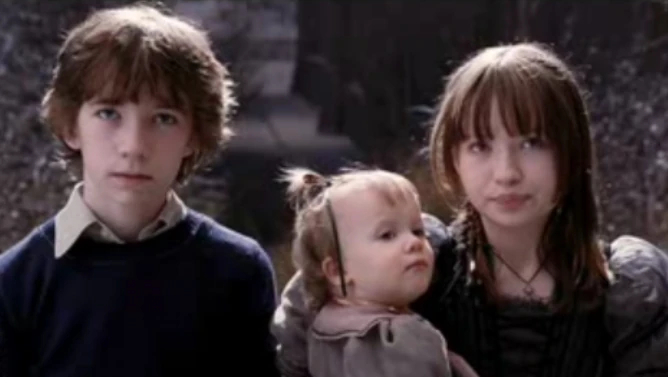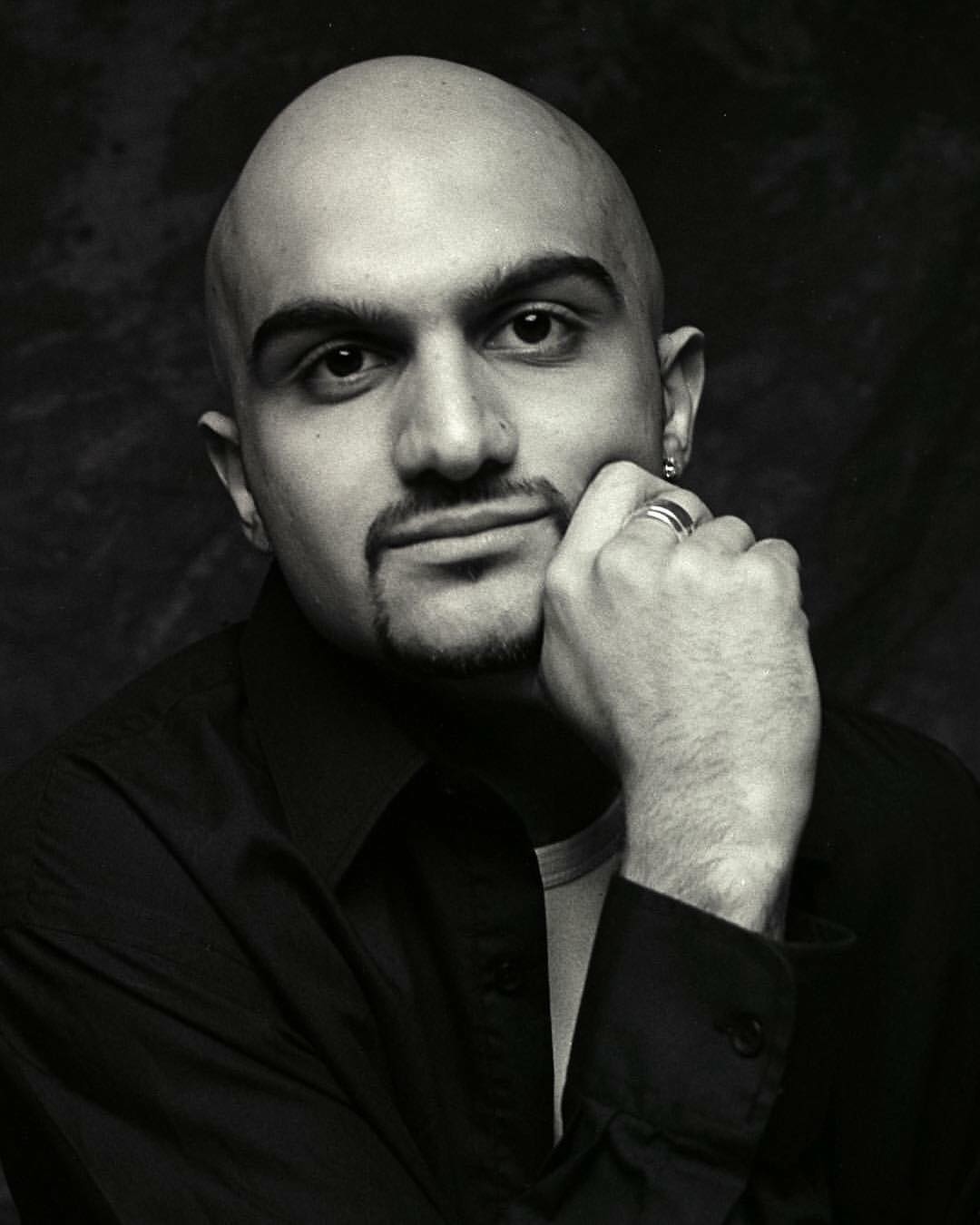

Baudelaire, in spite of being labeled a flaneur (as in ‘layabout, as in if he is a flaneur do not have sex with him’), was one of the most influential poets of the nineteenth century and the first to translate American poet Edgar Allan Poe into French, developing a long-standing connection between the two throughout their careers, though they never met.Īs for the first names, Klaus and Sunny are a reference to Claus and Sunny von Blow, key players in a high-profile Rhode Island socialite murder case from the 1980s in which wealthy husband Claus made two alleged murder attempts on his even-more-wealthy wife Sunny, the second of which left her in a coma until her death in 2008.

The three unfortunate orphans around which the series pivots, listed in order of age, get their surname from French poet Charles Baudelaire, most famous for 1857’s La Fleurs du mal, or The Flowers of Evil. The Baudelaires and Count Olaf in the climactic fake wedding of "The Bad Beginning." Brett Helquist Violet, Klaus and Sunny Baudelaire are named after French poets and murderers. ‘A pleasant walk, a pleasant talk, / Along the briny beach.’ Poe that their “beloved parents have perished in a terrible fire.” The name of their location is taken from Lewis Carroll’s poem “The Walrus and the Carpenter”: “‘O Oysters, come and walk with us!’ / The Walrus did beseech. The Bad Beginning begins (badly) with the Baudelaire children spending a gloomy day at Briny Beach before learning from Mr. At the start, we’re just left with the feeling that Beatrice is the one who got away, thanks to his tongue-in-cheek dedications like “dearest, darling, dead.” Briny Beach is a Nod to Lewis Carroll.

For Snicket, Beatrice’s identity is gradually hinted at as the book series progresses, eventually resulting in a huge revelation. If the name sounds familiar, it’s because it is - remember a certain conscience-obsessed insect from Disney’s Pinocchio, Jiminy Cricket? Beatrice References Dante.Įach of the 13 books is dedicated by Snicket to the mysterious Beatrice, a reference to Italian poet Dante’s muse who appears in both The Divine Comedy and La Vita Nuova, portrayed as the woman the author could never have. Snicket, acting in the role of a depressed investigator with more ties to the Baudelaire orphans than he’s letting on, is one of the series’s most important if detached characters.

Brett Helquist Book One: The Bad Beginning Lemony Snicket is a reference to Pinocchio.


 0 kommentar(er)
0 kommentar(er)
